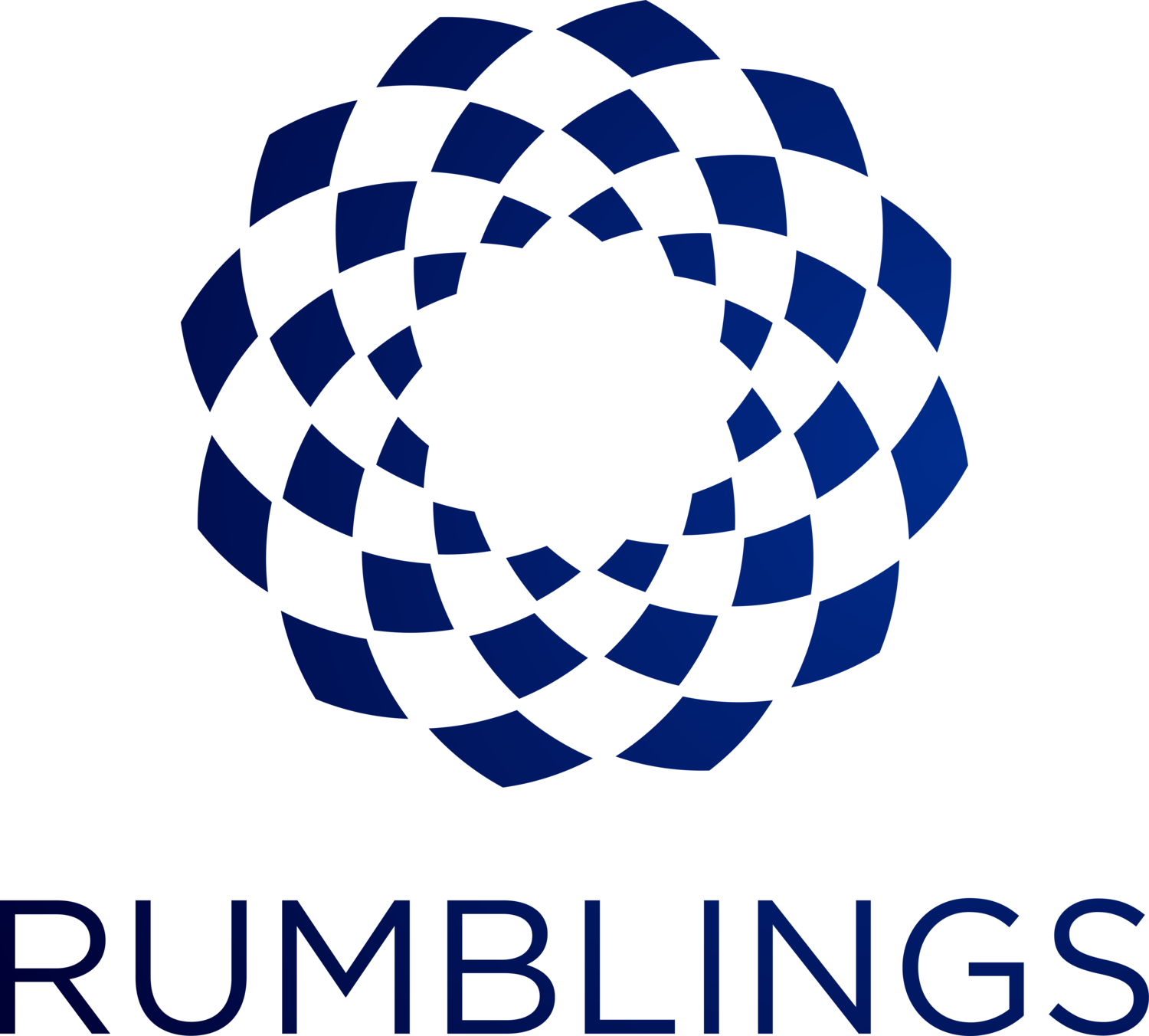Expert or Quack? Recognizing the real health, nutrition, exercise, and wellness experts
There is a proliferation of ‘experts’ on social media who claim to have a magic or singular approach for dieting, weight loss, quick fitness gains, and overall health. It’s challenging to tell the difference between an expert and someone only interested in selling something. How do you know what works and what is just the latest fad?
Here are tips to help you weed out the “wellness” imposters from your social media feed.
Is intermittent fasting the key to aging well for midlife women?
You may have heard the buzz that intermittent fasting can help you lose weight easily and live longer. At the same time, you may also be questioning the validity of fasting for aging well and whether to try fasting yourself. We did a deep dive into the literature to help you decide whether intermittent fasting is for you.
Don’t miss a blog post - sign up for the Rumblings emails to receive posts delivered straight to you email inbox!


